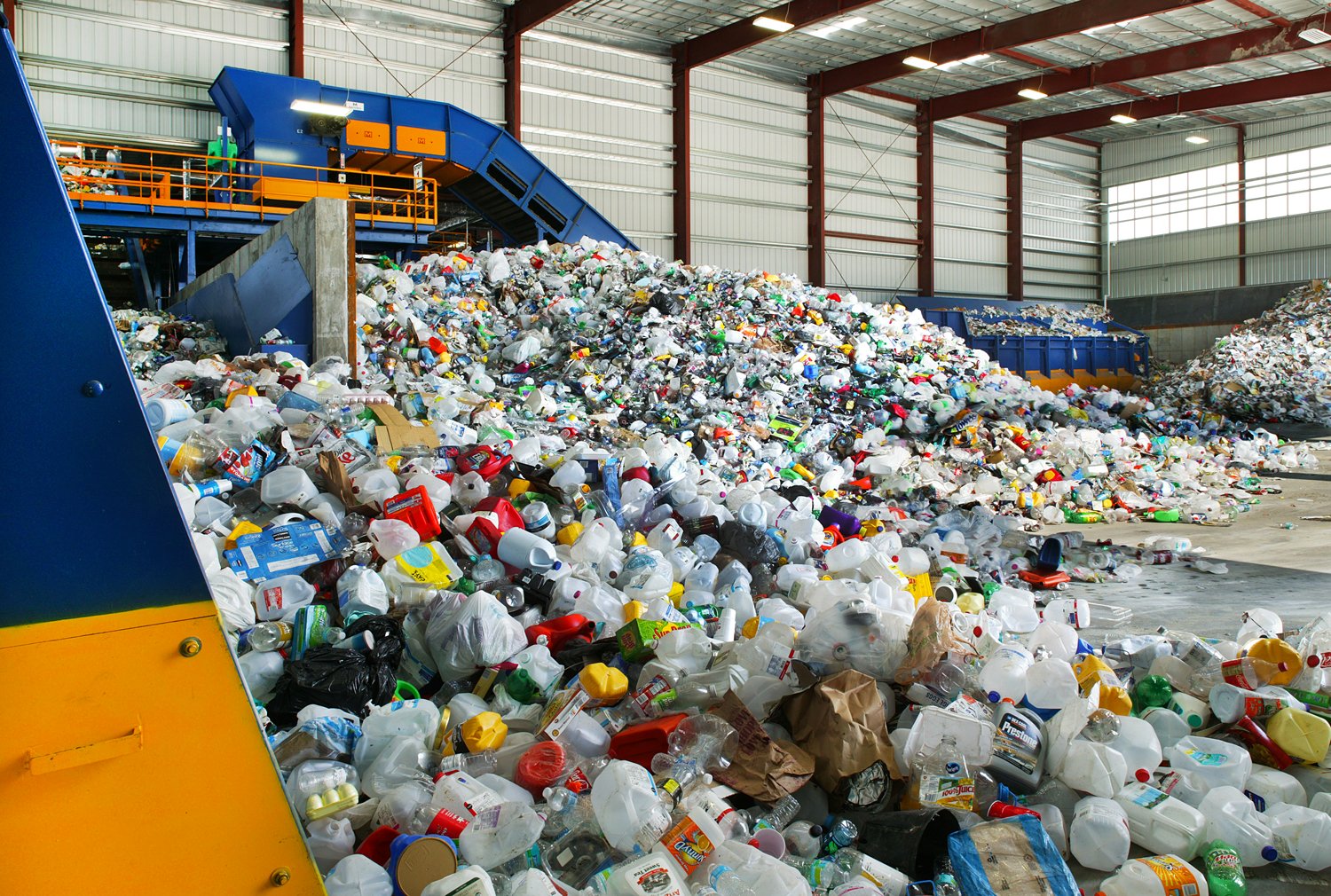Recyclıng Level In Our Country
Materials such as plastic, glass and paper are reused after being exposed to chemical and physical processes. Looking at the size of the world’s consumption, the negative effects of materials that go to waste and are highly damaging to the environment emerge. When recyclable materials are recycled, it is possible to achieve significant economic and environmental benefits.
Can we contribute to recycling with our clothes?
It offers us a beautiful perspective. The success of recycling in Turkey, especially in recent years has significantly helped us to become an environmentalist country across the globe. Since 2001, the recycling projects have continued to increase exponentially with the amount of materials gained each year thanks to the practices within the scope of waste recycling activities. Even though it was about 18 years ago, it shows that 32 percent of the plastic, glass, paper, cardboard and metal waste recycled in our country. In our country, which was very high at that time and managed to leave Italy and England behind, albeit with a small margin, these studies are still being carried on with more intense demand.
covering the period between the years 2013-2016 action plan of the National Recycling is one of his important and selfless work on Turkey’s recycling. The sector has a budget of 5 billion Euros in recovery and many private and governmental organizations are working. It is thought that the investment to be made in this sector in our country in the following years will increase by 7-9 billion Euros.
The aims of the Recycling Action Plan in our country are listed as follows;
To support R & D studies on waste management and recycling technologies to ensure that such practices are further supported and spread.
Differently designed trash cans and containers that we see in schools, municipal buildings, on the streets and everywhere are some of the works to manage wastes.
The collection of paper, glass, plastic and metal materials in different places, the presence of oil and battery boxes are the most real traces of the studies carried out on recycling and waste management. In addition, within the framework of the rules that the government has structured and obliged for the factories, serious practices and recycling activities have started to be carried out in these areas.
What Does Recycling Make Us Gain?
The re-use of recyclable products helps to reduce the energy spent for the production of new, natural resources that are damaged, and the costs to a great extent. The mixing of wastes such as glass, metal and plastic into the nature brings not only soil pollution but also air pollution and water pollution.
Statistically, the advantages of recycling are as follows;
To save 100 liters of oil if 1 ton of glass waste is recycled,
Protecting 8 million hectares of forests each year if only half of the world’s paper production is recycled,
Preventing 17 trees from being cut if 1 ton of cardboard-paper waste is recycled,
If 1 ton of tire waste is recycled, it is possible to save 95% energy.
If Turkey evaluates these advantages in terms of economy, improvement and environment to support recycling, our country will come to higher places around Europe.
Germany and Austria are followed by Taiwan, which has managed to recover 62% of its waste. Belgium, Switzerland, the Netherlands, Sweden and Norway also manage to recycle at least 50% of their waste. Brazil, Singapore, South Korea, United Kingdom, Italy and France are the most recycling countries. The USA, with a recycling rate of 35%, lags behind most European countries. So, where Turkey is located in this ranking?
WHAT IS THE CURRENT SITUATION?
Last year, 2223 waste disposal and recovery facilities operated. During this period, 56 million tons of waste was disposed of in landfill facilities and 48 million tons of waste was recycled in recovery facilities.
Turkey Statistical Institute (TSI), announced the Waste Disposal and Recycling Facilities Statistics for 2018.
The Waste Disposal and Recovery Facilities Questionnaire was applied to all landfill, incineration and composting facilities operated by or on behalf of the municipalities, although not licensed and recycled facilities.
Accordingly, a total of 2 thousand 223 facilities, 166 waste disposal and 2 thousand 57 recovery facilities, were operating in 2018. The total capacity of 799 million cubic meters of 159 landfill facilities determined, 56 million tons of waste, including 17 million tons of hazardous waste was disposed.
Activities in incineration plants:
A total of 494 thousand tons of waste was eliminated in 7 incineration plants with a total capacity of 757 thousand tons per year. In 8 composting plants with a total capacity of 483 thousand tons per year, 138 thousand tons of waste was processed and 35 thousand tons of compost was produced. In addition, 1 million tons of waste was incinerated in 40 co-incineration plants licensed for waste recovery.
A total of 47 million tons of waste metal, plastic, paper and similar products were recovered in the other 2,9 licensed waste recovery facilities. Thus, a total of 48 million tons of waste was recovered.



